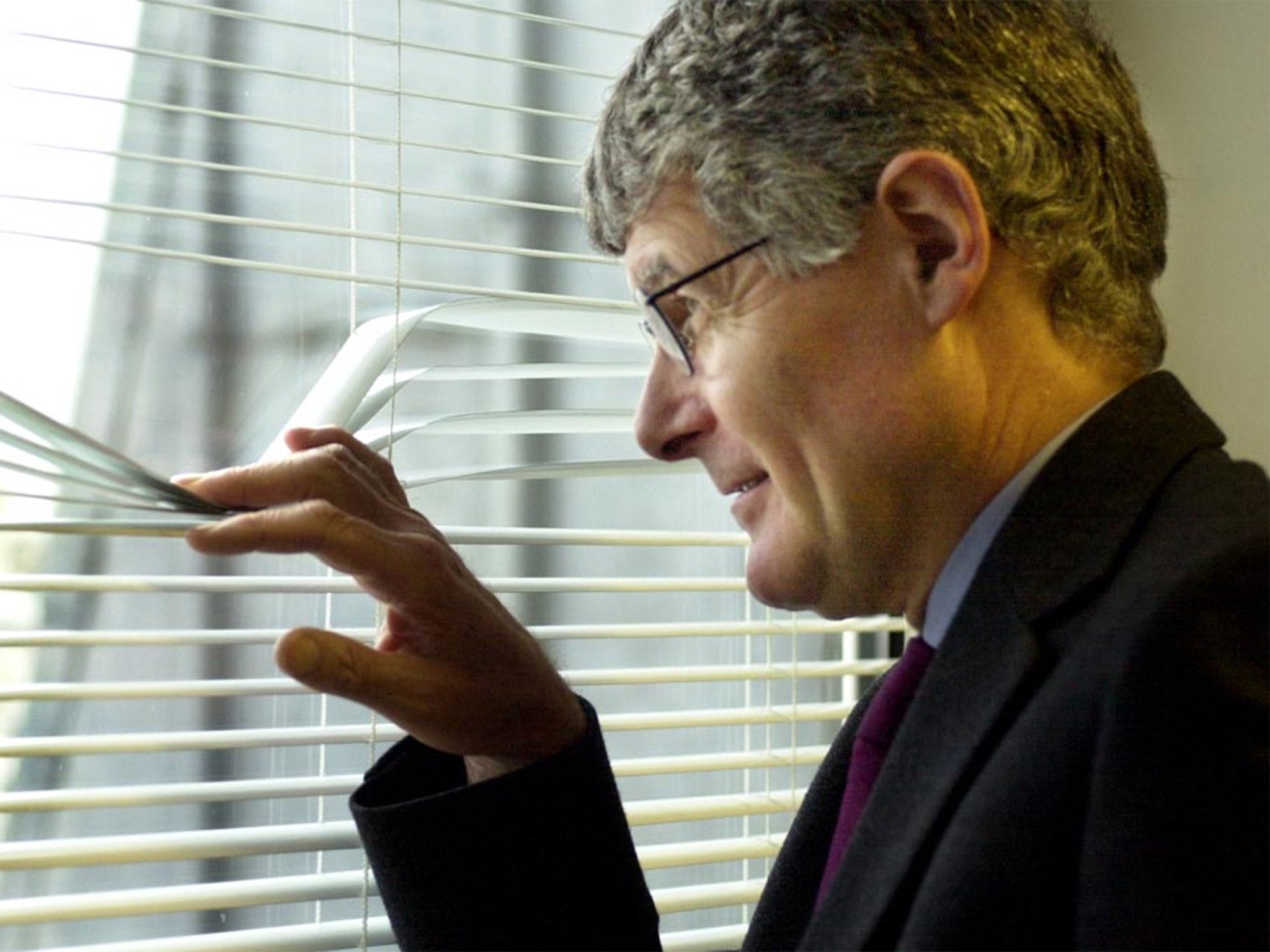Sir Chris Woodhead: The polarising figure who made Ofsted a force to be reckoned with
The former Chief Inspector of Schools died from motor neurone disease aged 68

I always got on well with Sir Chris Woodhead. I respected him. Even as I write these words I can picture the hackles of some close friends in the teaching profession rising.
He was a polarising figure, dedicated to rooting out mediocrity in the teaching profession. In fact, his first public utterance on becoming Ofsted’s second Chief Inspector of Schools was to say there were around 15,000 incompetent teachers who should be sacked if they did not mend their ways.
Two particular moments stick in my memory, highlighting the depth of his impact on the education world.
I remember being at the National Association of Head Teachers conference in May 1997 just after Tony Blair had won his landslide election victory. It was to be David Blunkett’s first major speech as Education Secretary. He was asked if he intended to get rid of Chris Woodhead. He answered in the negative.
There was silence in the conference hall, as delegates digested what they perceived as an unforgivable Labour betrayal (even though at no stage during the election campaign had there been any hint that he might be going).
Fast forward to an independent schools conference in York a year or so later. Chris Woodhead was under pressure after The Independent (before my time) was leaked a recording of him telling trainee teachers that a sexual relationship with a pupil could be “experiential and educative on both sides”. It soon emerged that he had had an affair with a pupil – although he always insisted it had not started until after she had left school.
In just one sentence, he gave the first indication that he planned to stay on in office despite the controversy. There was an audible sigh of relief from this more traditional audience. In fact, throughout the conference there was an almost tangible atmosphere of hero worship.
So there you have it. To the left he was the Witchfinder General rooting out those who were more graphically described in later years by Michael Gove as “enemies of progress”.
To his more traditional audience (I hesitate to call them right wing, because it is not only the right who feel strongly about raising standards), he was a man on a mission – to restore the UK’s education system to world-class standards.
In my view, his legacy to the education world is the establishment of Ofsted as a force to be reckoned with. His Ofsted was big on exposure – but did not see it as its remit to offer help to those it exposed. At that time the nation’s schools needed such a hard-nosed approach.
I must have interviewed Sir Chris (he was knighted in 2011) on at least three or four occasions. Once, it was just before the 1997 election when there was speculation over whether he would continue in office if Labour won, as he had been seen very much as a Conservative appointment.
He replied forthrightly that he would be happy to remain in office – signalling that he thought Labour would win the election, and making it very difficult for Labour to get rid of him. Tony Blair was campaigning on a platform of “education, education and education”– and sacking someone who was perceived as tough on standards would not be the best way of delivering on this agenda.
Giving that interview to the Labour-supporting Daily Mirror (for whom I then worked) was a shrewd way of making those two points.
But it is my last interview with him that remains in my mind more clearly. It was conducted last year – eight years after he had been diagnosed with motor neurone disease. He was paralysed from the neck downwards but his mind was still razor sharp.
He still had a wicked sense of humour – a wry smile formed on his lips as he contemplated one of the unexpected consequences of his illness.
“For my opponents who thought when they heard I had got motor neurone disease – ‘ah well, that’s the end of him, then’ – I’ve got news for them,” he said. “They’re wrong. In fact, it’s made me concentrate more on it. I had been planning to do things like gardening and rock climbing but obviously I can’t now.”
During that interview, he spoke enthusiastically about his plans to become an academy sponsor. He already had a failing school in Cumbria in his sights. He finished by saying: “I’m still here and who knows how long I’ve got?”
Sadly it was to be less than a year, but he has left the education world with a legacy that will long outlive the years he spent building it up.
Subscribe to Independent Premium to bookmark this article
Want to bookmark your favourite articles and stories to read or reference later? Start your Independent Premium subscription today.

Join our commenting forum
Join thought-provoking conversations, follow other Independent readers and see their replies